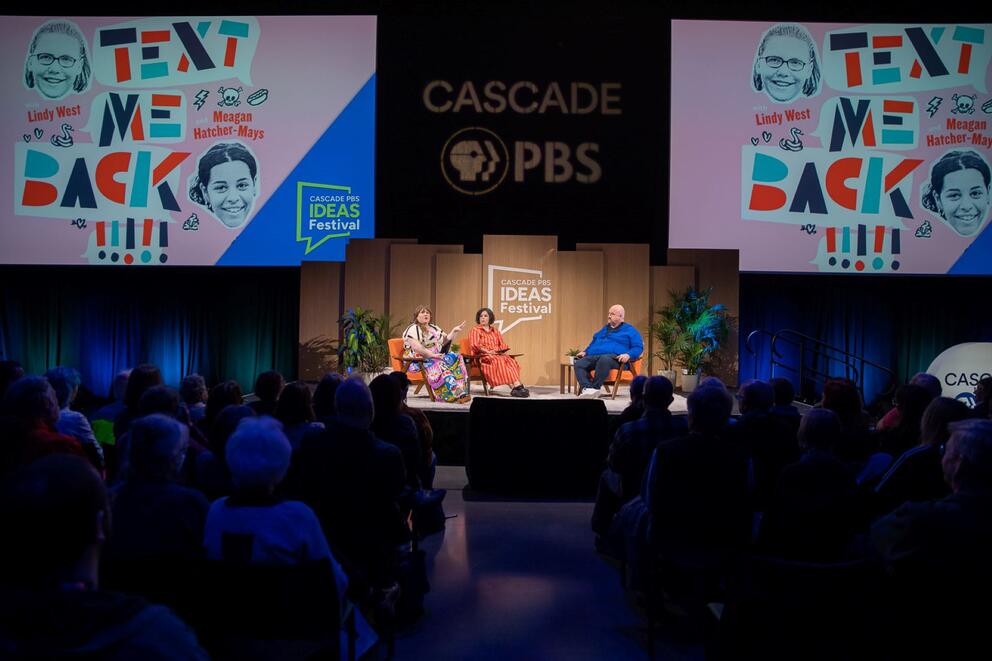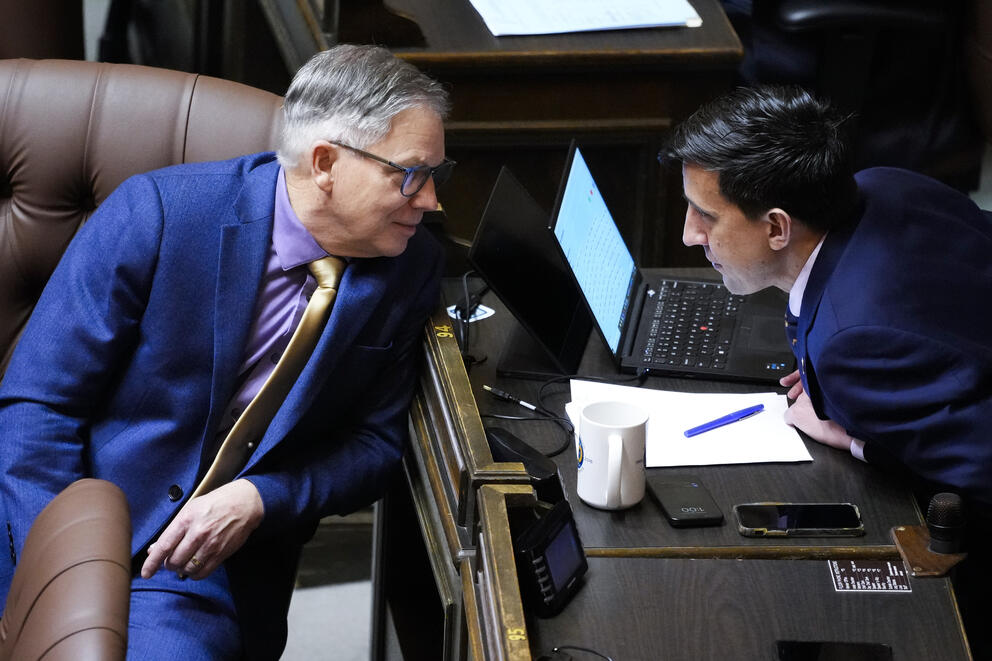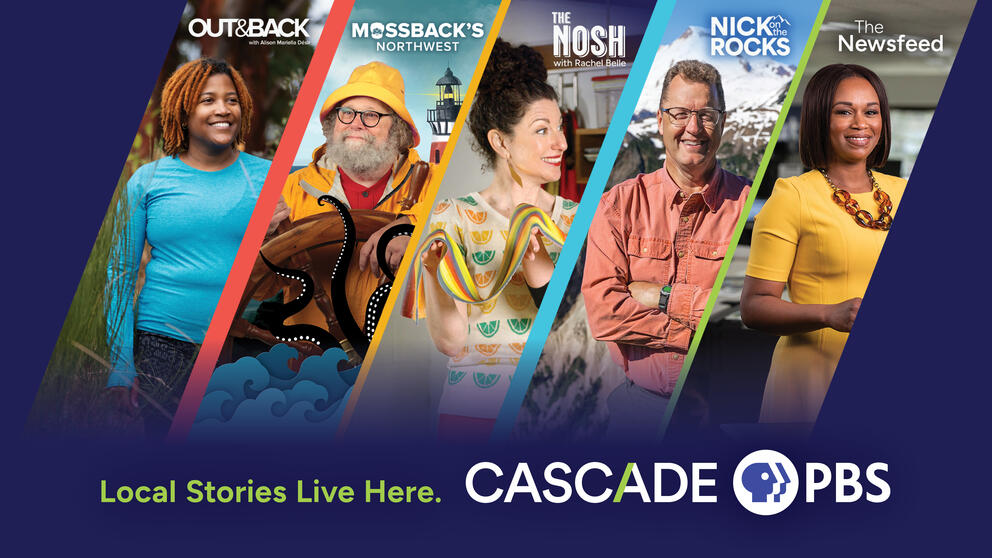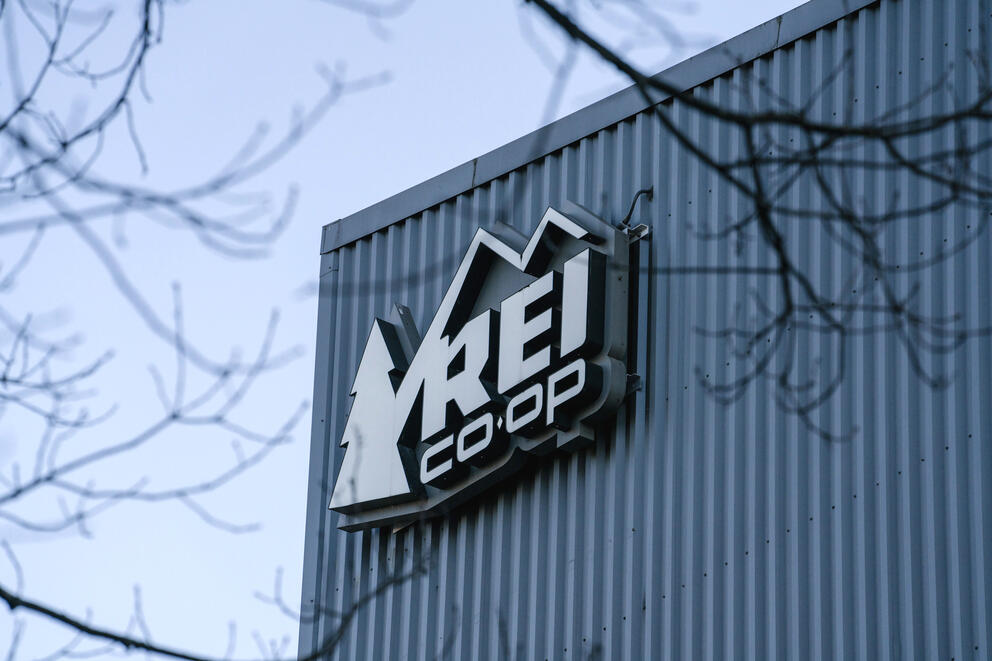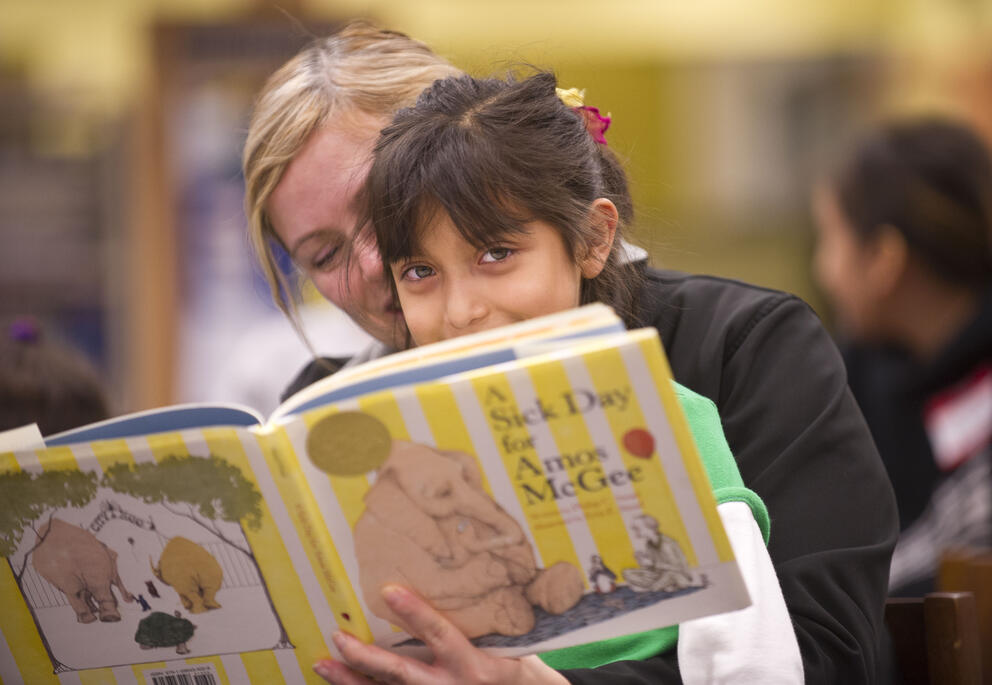Seattle democracy voucher renewal set for August ballot

Seattle City Hall on Wednesday, Aug. 1, 2018. (Jovelle Tamayo for Cascade PBS)
Seattle voters will be asked in August if they want to continue paying for the city’s democracy voucher program — a first-of-its-kind public campaign-financing system that gives voters money to donate to political candidates.
Seattle voters created the program in 2015, along with a 10-year property tax levy to fund it. The voucher program aims to make election financing more diverse and equitable by giving voters four $25 coupons they can give to city of Seattle candidates during elections.
Ten years after it was created, city officials say the program has been a success. On Monday, the Seattle City Council voted unanimously to send a property tax levy renewal to the August ballot that would fund the program for another decade.
If passed, the levy would cost the median homeowner about $13 a year and raise about $45 million over 10 years. The figure is about $15 million higher than the expiring levy to account for inflation and increased candidate participation in the program.
City Council members praised the program across the board, with several saying they’d seen the positive impact firsthand during their own runs for office.
“For me, this specifically meant that I didn’t need to take campaign donations that I felt might have implicit strings attached,” said Councilmember Dan Strauss. “This allowed me to be more independent, and it meant that I actively chose to knock on everyday Seattleites’ doors rather than spending time on the phone, calling political donors.”
Many Councilmembers said the program is especially important in light of threats to democracy at the national level and the growing influence of wealth in politics.
“Our democracy is at risk,” said Councilmember Alexis Mercedes Rinck. “We must take every step here in Seattle to protect it, because in a healthy democracy, billionaires can’t buy elections.”
Most democracy vouchers go unused. A study by researchers at Stony Brook and Georgetown University found that participation among the voting-age population declined from 7.59% in the 2021 election to 4.72% in 2023.
City Council member Cathy Moore noted that there remains a need to educate people about the program, particularly in communities where English is not the primary language.
Candidates in the races for Seattle mayor, city attorney and three Council seats are eligible for democracy vouchers this year.
Note: This story was updated on 4/22/25 to correct the difference between the previous property tax levy and the new proposal.

